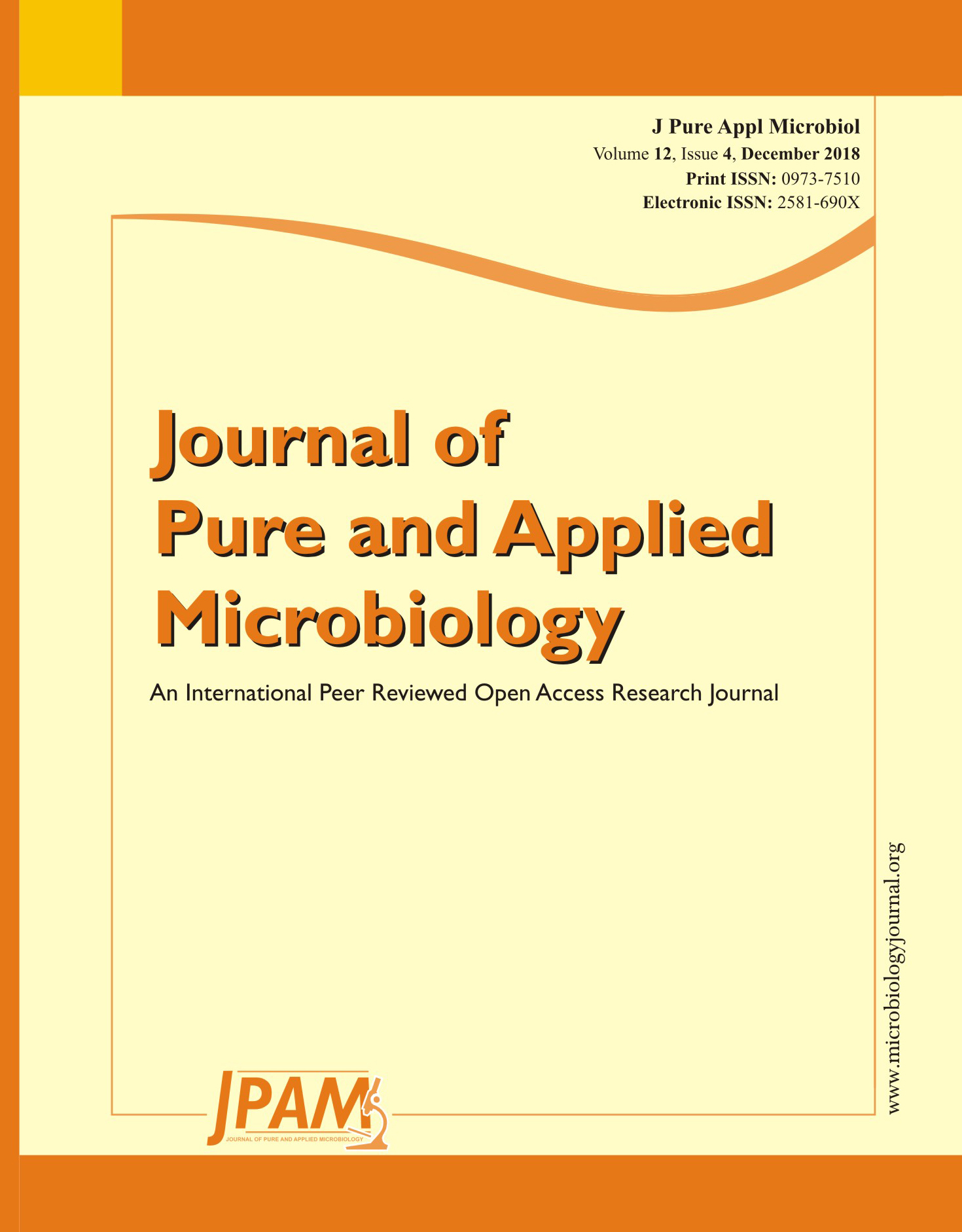Mass spectrometry is an analytical technique for molecules detection after separating the particle motion (charged molecules, atoms and fragment ions) according to their mass-to-charge ratio, under the action of an electric field and a magnetic field. In this study, ten kinds of fragment ions of metabolites in Escherichia coli were detected by ion trap liquid mass instrument and triple quadrupole mass chromatograph. Two different detection methods were then compared, to provide a foundation for later metabolomic research. This experiment detects metabolites with multistage mass spectrometry by electrospray ion trap mass spectrometry and triple quadrupole mass spectrometry, when scanning at anion mode using Agilent SB-C18 (250mm×4.6mm×5ìm) chromatographic column and using ammonium acetate and acetonitrile as the mobile phase. The result showed that both methods can act as multistage mass spectrometry, while triple quadrupole mass spectrometry enables to produce finer ions under low collision energy. Triple quadrupole mass spectrometry is a superior method to acquire a clear peak in detecting fragment ions of metabolites.
Ion trap mass spectrometry; triple quadrupole mass spectrometry;
metabolites; mass-to-charge ratio.
© The Author(s) 2018. Open Access. This article is distributed under the terms of the Creative Commons Attribution 4.0 International License which permits unrestricted use, sharing, distribution, and reproduction in any medium, provided you give appropriate credit to the original author(s) and the source, provide a link to the Creative Commons license, and indicate if changes were made.


